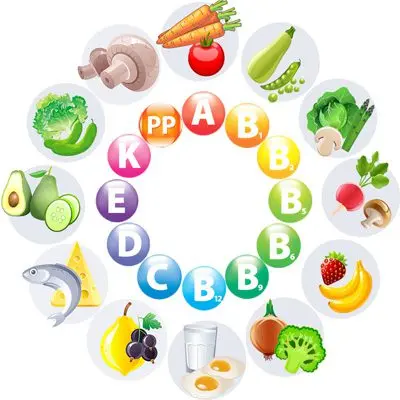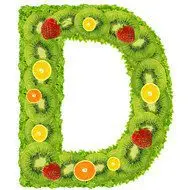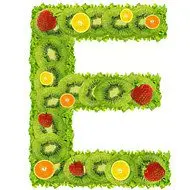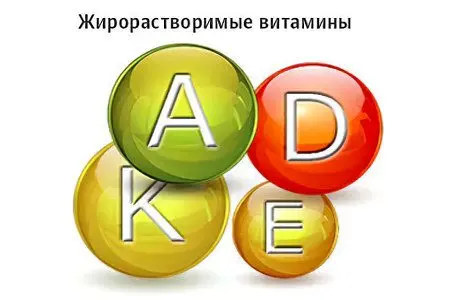

Витамины – это необходимые нашему организму органические вещества, которые не могут синтезироваться им самим (за редким исключением) и поступают с пищей. Витамины обеспечивают процессы жизнедеятельности в организме, влияют на наше общее самочувствие.
The very name of the active substances comes from the Latin vita – life. They are characterized by a rather simple low-molecular structure and variability of chemical nature.
Separately, a science is highlighted – vitaminology, which studies the structure, mechanism of the action of vitamins on a person, how they are used to prevent and treat many pathologies. Vitaminology combines the knowledge of biochemistry, pharmacology, medicine and food hygiene.














What are vitamins?
Modern medicine knows about the existence of 13 vitamins that a person receives from food. They are necessary for the normal functioning of all body systems.
Fat-soluble vitamins

Fat-soluble vitamins are vitamins that are able to dissolve in a fatty environment. They are deposited in adipose tissue and liver.
The fat-soluble group includes:
Vitamin A retinol.
Vitamin D calciferol.
Vitamin E tocopherol.
Vitamin K menatetrenone, menadione, menadiol, phylloquinone.
An excess amount of fat-soluble vitamins is poorly excreted from the body, mainly with urine. An overdose of active vitamin substances of this group is harmful to humans, in severe cases it can be life-threatening.
[Video] Dr. Evdokimenko – when vitamins can be harmful?









